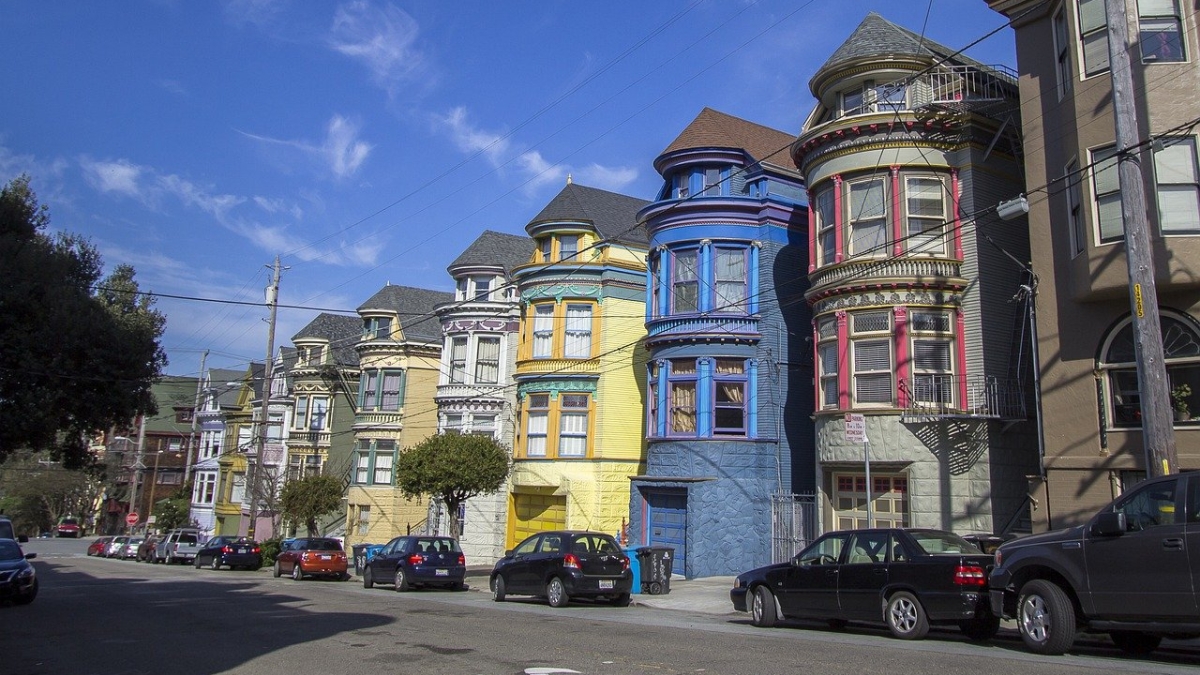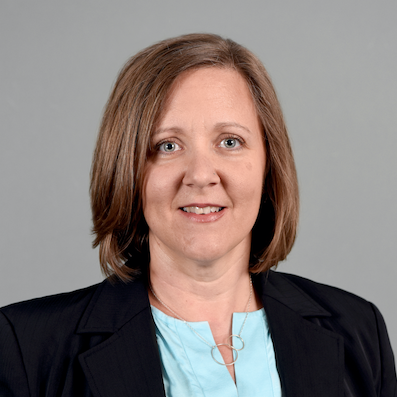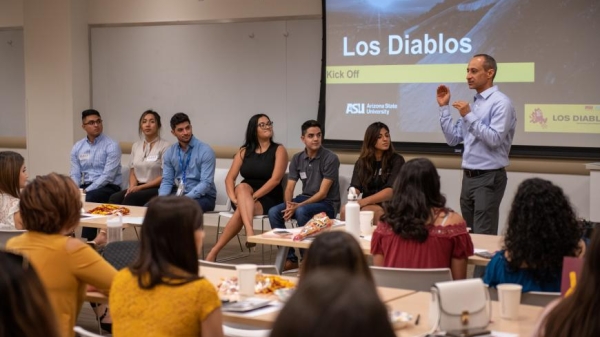ASU expert to join panel on use of emerging science for environmental health decision-making

Image by Carlos Alcazar from Pixabay
There is growing evidence that the environment can play an important role in mental health, yet research into the effects of environmental stressors rarely focuses on behavioral and mental health outcomes.
On Feb. 2–3, the National Academies of Sciences, Engineering and Medicine is hosting a virtual workshop that will bring together experts in mental health and environmental health research to explore emerging research on the relationship, harmful or beneficial, between environmental factors and mental health.
Among the experts participating in this special event is Rebecca White, associate professor from ASU’s School of Social and Family Dynamics.
White studies the developmental costs and benefits associated with living in U.S. neighborhoods that are stratified by race, ethnicity and socioeconomic status. She is especially interested in the degree to which living in neighborhoods that vary on Latino population concentrations impacts mental health and development among Latino and Mexican American adolescents.
Experts from universities, businesses and federal agencies will be convening to discuss environmental exposures and mental health outcomes, especially among vulnerable populations, including marginalized communities, adolescents, first-responders and veterans. A special emphasis includes identifying public health actions that could help reduce the mental health impacts of environmental stressors.

Associate Professor Rebecca White
While much of the workshop will be focusing on science-based strategies that could help reduce the mental health impacts of environmental hazards and stressors, White’s panel will be about the benefits to mental health associated with living in healthy neighborhoods.
“My work has identified a lot of mental health and developmental benefits to LatinxLatinx is a gender-neutral term for a person from, or whose ancestors were from, a Spanish-speaking land or culture or from Latin America. youth associated with living in Latinx neighborhoods, despite the fact that, in the context of structural racism, environmental stressors and certain toxic exposures can be higher in Latinx neighborhoods,” White said.
Her panel is scheduled for 11:20 a.m. ET, Wednesday, Feb. 3. Register here for this free event, or learn more about the event.
More University news

ASU Alumni Association to honor 3 outstanding alumni leaders during Homecoming
The Arizona State University Alumni Association will proudly recognize three innovative alumni leaders during the Homecoming…

From service to civilian success
Transitioning from military to civilian life is a unique experience that can be challenging for veterans. Some struggle to find…

ASU as the 'New American University' sets the model for higher education reform
Arizona State University’s charter is only 46 words long, but it’s a bold promise that’s a model for the reinvention of higher…